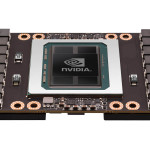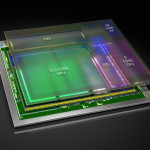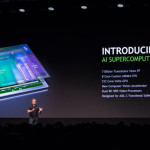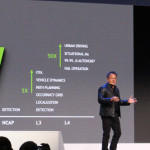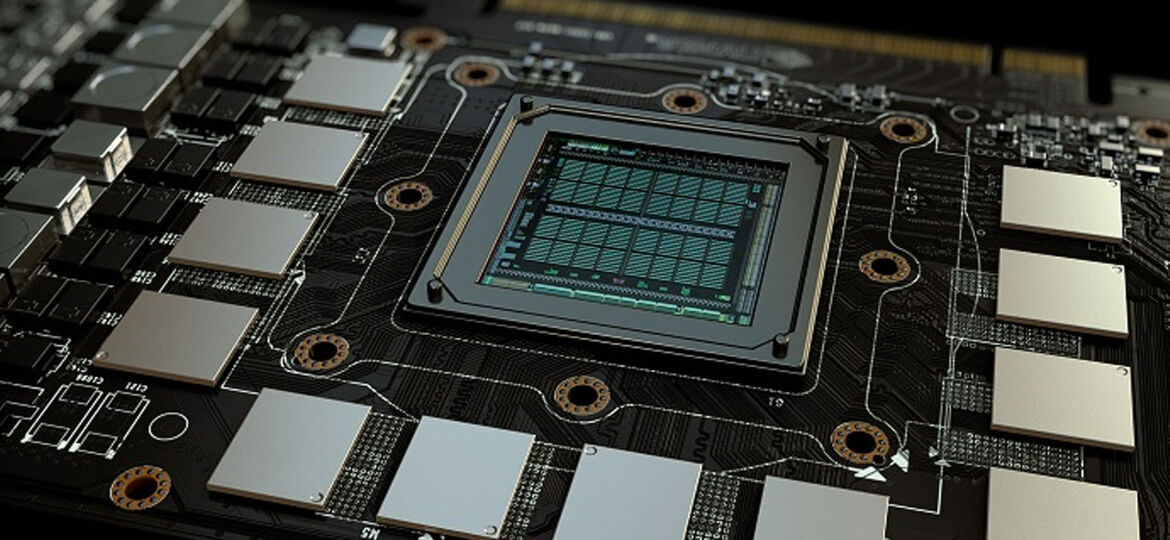
WHY THIS MATTERS IN BRIEF
Nvidia is a chip company on the rise, their GPU’s are increasingly underpinning most company’s AI learning initiatives, and they’re innovating aggressively.
At the inaugural GPU Technology Conference Europe the other week Nvidia CEO Jen-Hsun Huang unveiled Xavier, Nvidia’s all new, all singing and dancing Artificial Intelligence (AI) “supercomputer” chip that’s been designed from the ground up to be the chip of choice for the next generation of self driving cars, and perhaps even Nvidia’s own line of super energy efficient supercomputers – the first of which was debuted last year.
“This is the greatest SoC endeavour I have ever known, and we have been building chips for a very long time,” said Huang, Nvidia’s CEO, to the conference’s 1,600 attendees.
Packed with over 7 billion transistors, and manufactured using a cutting edge 16nm FinFET process, a single Xavier AI processor will be able to replace today’s Nvidia DRIVE PX 2, an open architecture AI chip, with a chip that has dual mobile SoCs and dual discrete GPUs, but at a fraction of the power consumption.
Xavier is a complete System on a Chip (SoC) and integrates a new GPU architecture called Volta, a custom 8 core CPU architecture, and a new computer vision accelerator, and when it’s released later this year it will deliver 20 Trillion operations per second (TOPS) of performance, while consuming only 20 watts of power.
Putting that into perspective, if you put 50,000 of these chips together, which is peanuts by most of today’s supercomputer standards, you’d have an Exascale supercomputer that, from a chip perspective anyway, would only draw one megawatt of power – and that’s a crazy, crazy low figure – especially when you consider that the next Exascale supercomputer, which is being drawn up by the Chinese and the US, is expected to draw over a Gigawatt of energy.
But that’s not all – no no no. Despite all the fanfare about its design, its speed and its sleek, good looks, as the want to be brain of a self driving car it’s also been designed to be compliant with critical automotive standards, such as the ISO 26262, which is a functional safety specification.
Is there anything more beautiful than a compliant chip? No – enough said, so now, having checked lots of boxes all that remains is for Nvidia to get their Xavier super hero, er, supercomputer, chip into the hands of the auto makers.

